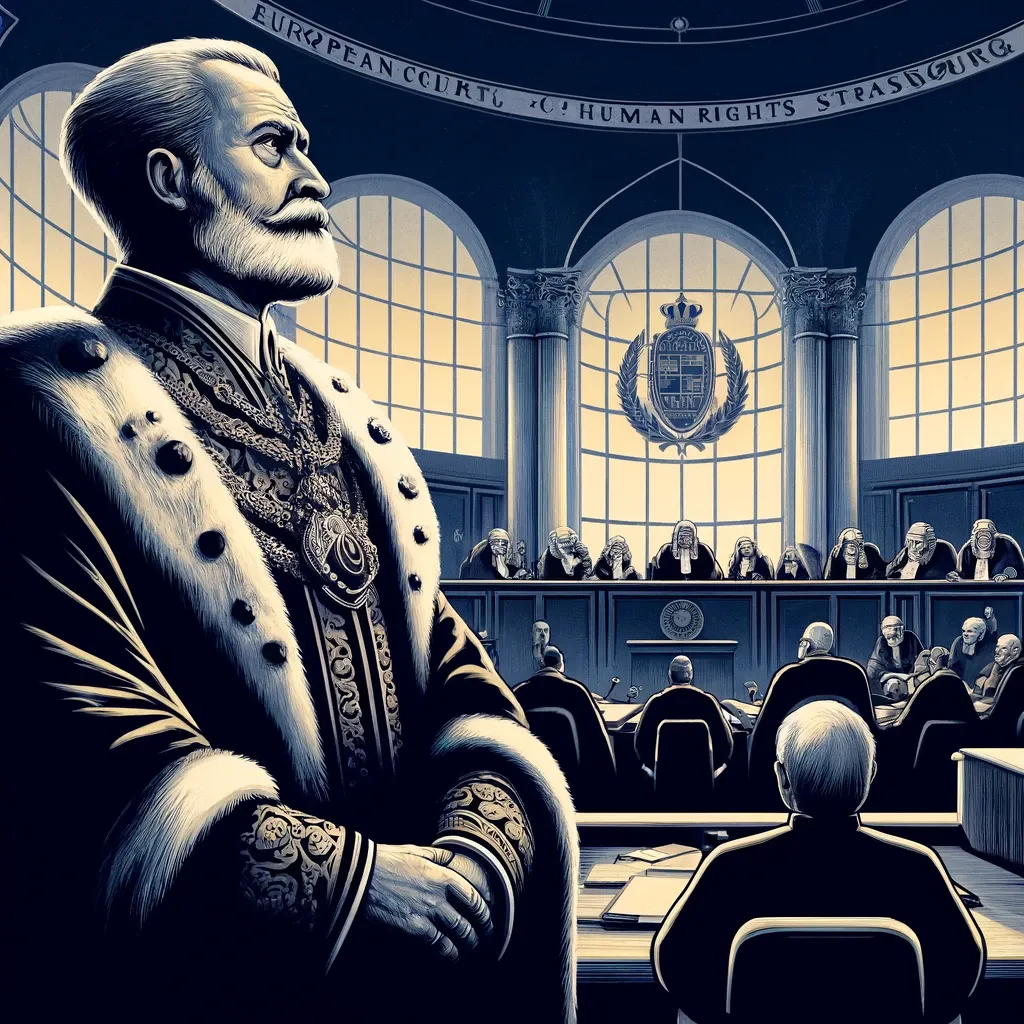Simeon sued Bulgaria over problems with property return

Bulgarian former King Simeon Saxe-Coburg-Gotha, who became prime minister from 2001 to 2005, has sued his homeland at the European Court of Human Rights in Strasbourg because the current government has frozen reimbursement of property he claims is an ancestral legacy.
"In my opinion, the complaint against the acts of parliament that imposed a moratorium on property compensation for the former prime minister has been filed in Strasbourg," Mincho Spasov, a senior member of Simeon's NDSV party, told state radio.
The former monarch himself refrained from commenting. The Trud and 24 Hours newspapers reported that he also asked the Supreme Administrative Court in Sofia to lift the ban on logging in the vicinity of Mount Rila, which Simeon is restoring.
At issue is a 1998 ruling by Bulgaria's Constitutional Court that repealed a 1947 Communist-era law nationalizing former royal property. Critics say the repeal of the nationalization law does not necessarily mean reparations, which would require a separate law. They also argue that much of the property returned to Simeon and his sister Marie-Louise actually belonged to the palace's former household service and was state property.
In his rare comments on the matter, Simeon quietly but firmly objects. He donated most of the park near his palace Vrana near Sofia to the local municipality, keeping the building and garden for himself. The disputed properties include Vrana and another small palace on the Krihim hunting estate 115 kilometers to the southeast, an estate in Rila and two hunting chalets nearby, as well as large tracts of forest. The only undisputed property is a country house in Bana, in central Bulgaria, which Simeon reportedly cherishes very much.
The successor in power, Boiko Borissov, formerly Simeon's bodyguard and promoted to a high rank in politics by the monarch, has led efforts to abolish the royal indemnity. Mr. Borissov's party and its supporters in Parliament backed a moratorium on it last December. Under Bulgarian law, the Constitutional Court ruling only unblocked the indemnity. Simeon then had to obtain ownership documents for each piece of property from the relevant local authorities. This process progressed smoothly when Simeon was in power, but became complicated in 2005, when voters reduced his party's popularity by turning it into a junior partner in the socialist-leading three-part coalition. After that, redress turned into an uphill battle for the 73-year-old king when his NDSV party failed to get into parliament in the 2009 elections and he retired from politics. A Plovdiv court recently rejected his claim to the Krihim Palace. Mikhail Yekimdzhiev, a respected human rights lawyer in Bulgaria, told Trud newspaper that Simeon stands a good chance of winning in Strasbourg.



At the age of six in 1943, Simeon II came to the throne following the death of his father Boris III, who shortly after Bulgaria joined Nazi Germany in World War II. He ruled surrounded by regimes until 1946, a couple years after the communist takeover, when the royal family was expelled after a Soviet-controlled referendum that abolished the monarchy. As an entrepreneur in Madrid, Spain, Simeon first returned to Bulgaria in 1996 to a thunderous reception by more than a million people who filled the streets of Sofia. Five years later, he created his Simeon II National Movement and won the 2001 elections to lead a coalition government with the ethical Turkish Party. But he failed to live up to the expectations of Bulgarians who had high hopes for his carismatic personality or his daunting promise to substantially improve the economic situation within 800 days. Simeon facilitated the country's accession to the EU by signing the accession act in 2005. Bulgaria joined the bloc in 2007. Under his leadership, it joined NATO in 2004. Many Bulgarians still respect the king as a rare example of tolerance, dignity and graceful manners in the country's modern politics. Mr. Borisov, a former police officer and karate teacher, owned the firm that Simeon hired for his security detail in 1996. After gaining power five years later, Simeon promoted Mr. Borisov to second-in-command at the Interior Ministry, a post from which he used
Comment
Popular Posts
Popular Offers

Subscribe to the newsletter from Hatamatata.com!
Subscribe to the newsletter from Hatamatata.com!
I agree to the processing of personal data and confidentiality rules of Hatamatata





